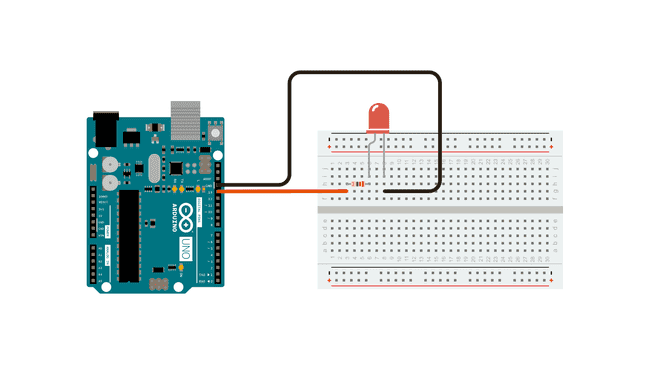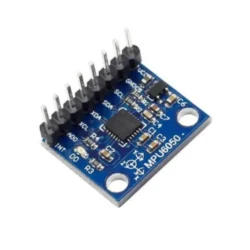Introduction
Optimizing TensorFlow Lite Micro quantized models for ARM Cortex-M4 inference can significantly enhance the performance and efficiency of machine learning applications on microcontrollers. This tutorial will walk you through the steps needed to optimize your models using 16-bit fixed-point arithmetic.
Prerequisites
- Basic understanding of machine learning concepts
- Familiarity with TensorFlow and TensorFlow Lite
- ARM Cortex-M4 development environment set up
- Access to a suitable IDE (e.g., Keil, IAR, or Eclipse)
Parts/Tools
- ARM Cortex-M4 microcontroller
- TensorFlow Lite Micro library
- Computer with TensorFlow installed
- Development board or simulator for testing
Steps
-
Prepare your model
- Train your model using TensorFlow.
- Convert your model to TensorFlow Lite format:
import tensorflow as tf converter = tf.lite.TFLiteConverter.from_keras_model(your_model) converter.optimizations = [tf.lite.Optimize.OPTIMIZE_FOR_SIZE] tflite_model = converter.convert() -
Quantize your model
- Apply post-training quantization:
- Save the quantized model:
converter.representative_dataset = representative_data_gen converter.target_spec.supported_types = [tf.int16] tflite_quantized_model = converter.convert()with open('model_quantized.tflite', 'wb') as f: f.write(tflite_quantized_model) -
Integrate the model into your application
- Include the TensorFlow Lite Micro library in your project.
- Load the quantized model:
#include "tensorflow/lite/c/common.h" #include "tensorflow/lite/micro/micro_interpreter.h" const tflite::Model* model = tflite::GetModel(model_quantized_data); tflite::MicroInterpreter interpreter(model, tensor_arena, kTensorArenaSize, nullptr, nullptr); -
Run inference
- Prepare your input tensor:
- Invoke the interpreter:
- Retrieve the output tensor:
float input_data[INPUT_SIZE] = { /* your input values */ }; interpreter.inputs()[0]->data.uint8 = reinterpret_cast(input_data);interpreter.Invoke();float* output_data = interpreter.outputs()[0]->data.f;
Troubleshooting
- Model not loading: Check if the model path is correct and that the model is properly converted.
- Incorrect output: Ensure that the input data is pre-processed correctly to match the model’s requirements.
- Memory issues: Monitor the memory usage and ensure that the tensor arena is large enough for the model.
Conclusion
Optimizing TensorFlow Lite Micro quantized models for ARM Cortex-M4 using 16-bit fixed-point arithmetic is a powerful way to leverage machine learning in embedded systems. By following these steps, you can improve inference speed and reduce memory usage, making your applications more efficient.


